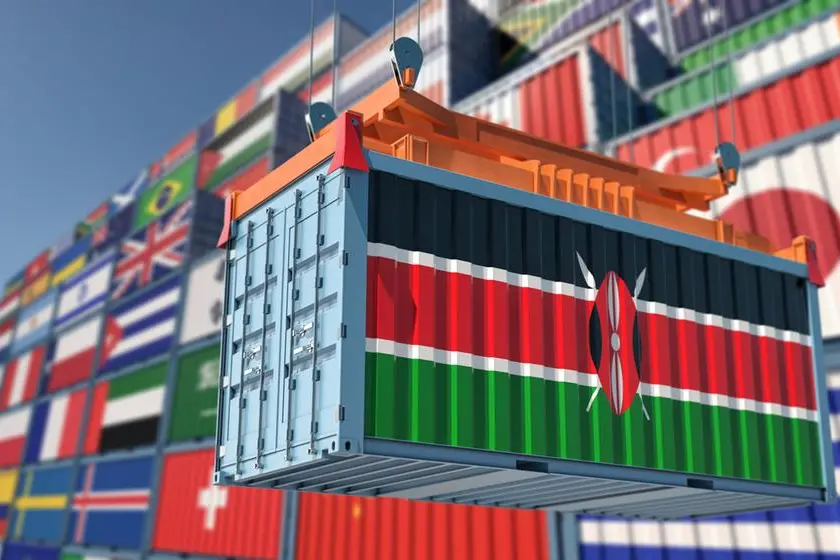PHOTO
Kenya’s imports from China, the country’s leading source of goods, recorded a rare decline in 2023, signalling muted consumption during the year amid a high cost of living.
Data from the General Administration of Customs of the People’s Republic of China (GACC), which is China’s equivalent of the Kenya Revenue Authority (KRA), shows that China exported goods worth $7.87 billion (Ksh1.26 trillion at current exchange rates) to Kenya last year.
This marks a decline of 1.11 percent compared to the $7.96 billion (Ksh1.27 trillion) that the Asian giant shows it exported to Kenya in 2022. Such a decline is rare, and not even during the pandemic in 2020 when global trade ground to a near halt did it occur, according to Chinese customs data.
Read: Kenya targets China imports in new tax evasion crackdownFor instance, despite Kenyan authorities indicating that imports from China declined from Ksh376.72 billion in 2019 to Ksh361.36 billion in 2020 during the Covid-19 pandemic, Chinese data shows the country exported goods worth Ksh576 billion to Kenya in 2020, an increase from Ksh510.1 billion in 2019.
China is a major source of electronics, clothes, beauty products, steel, furniture, equipment and machinery.
The decline in imports from the Asian giant indicates muted demand from local consumers amid high inflation that has reduced the spending power of Kenyans.
According to the Central Bank of Kenya (CBK), non-food imports took a hit during the year, especially due to a slowdown in infrastructure-related spending as well as manufactured goods, oil, and chemicals.“Imports declined by 14.9 percent in the 12 months to October 2023 compared to a growth of 14.7 percent in a similar period in 2022, mainly reflecting lower imports across all categories except food,” said the CBK.
At the same time, the gap between the value of goods from China declared by Chinese authorities and that declared by Kenyan authorities continues to rise.
Read: Saudi Arabia overtakes China as Kenya’s top import marketThis gap stood at Ksh133.38 billion ($833.63 million) in 2019 but has widened to nearly half a billion in just three years, hitting Ksh487.24 billion ($3.05 billion) in 2022.
This means that a significant chunk of goods that are bought by Kenyans from China is usually under-declared or undervalued at the points of entry to evade tax.
However, the Kenya Kwanza government has set its eyes on cutting tax evasion by putting tighter checks on imports to increase revenue collection.
Already, KRA in June last year commenced cargo deconsolidation which importers of consolidated cargo have to pay per item.
The National Treasury, in its medium-term revenue strategy, has also indicated that the government will be working with other tax authorities in determining the true value of “high-risk imports from China”, in what is aimed at addressing the problem of misinvoicing.“Specific tax measures to be implemented include…to establish a clear framework on the exchange of information (EOI) with other tax jurisdictions for both domestic taxes and customs to ensure the flow of information e.g., valuation of high-risk imports from China and Transfer pricing paused by multinationals,” it said. © Copyright 2022 Nation Media Group. All Rights Reserved. Provided by SyndiGate Media Inc. (Syndigate.info).




















